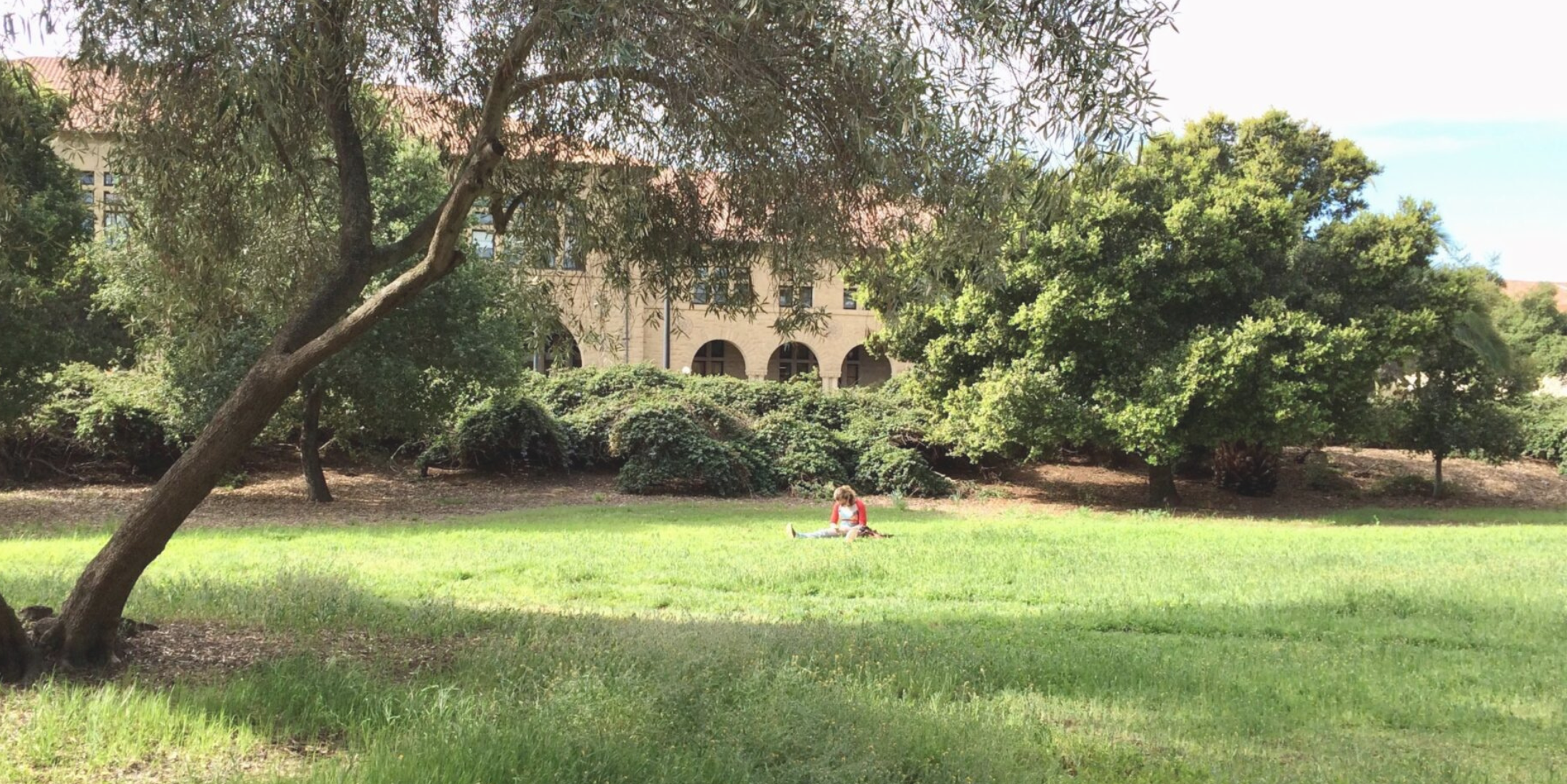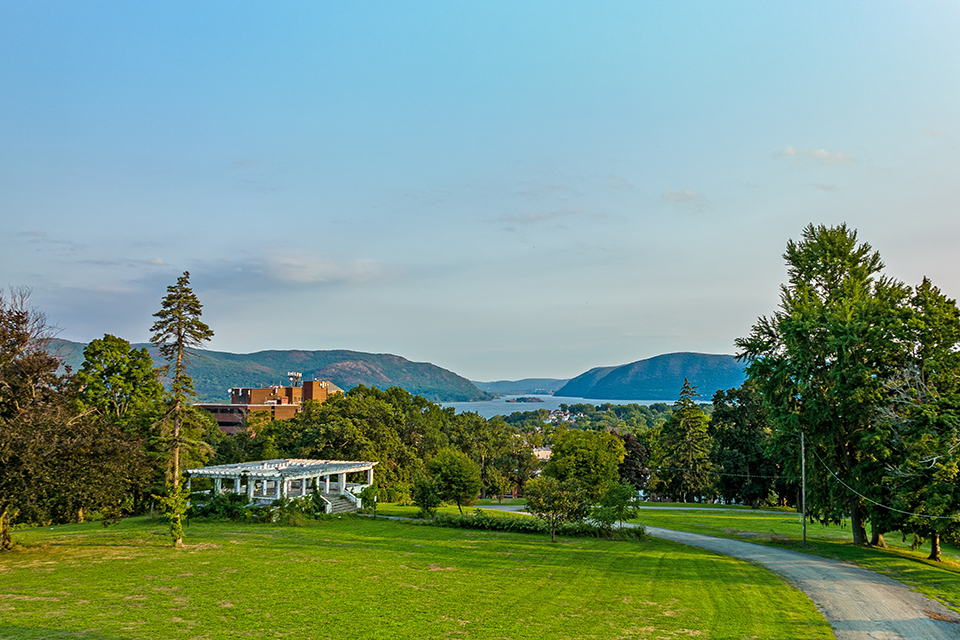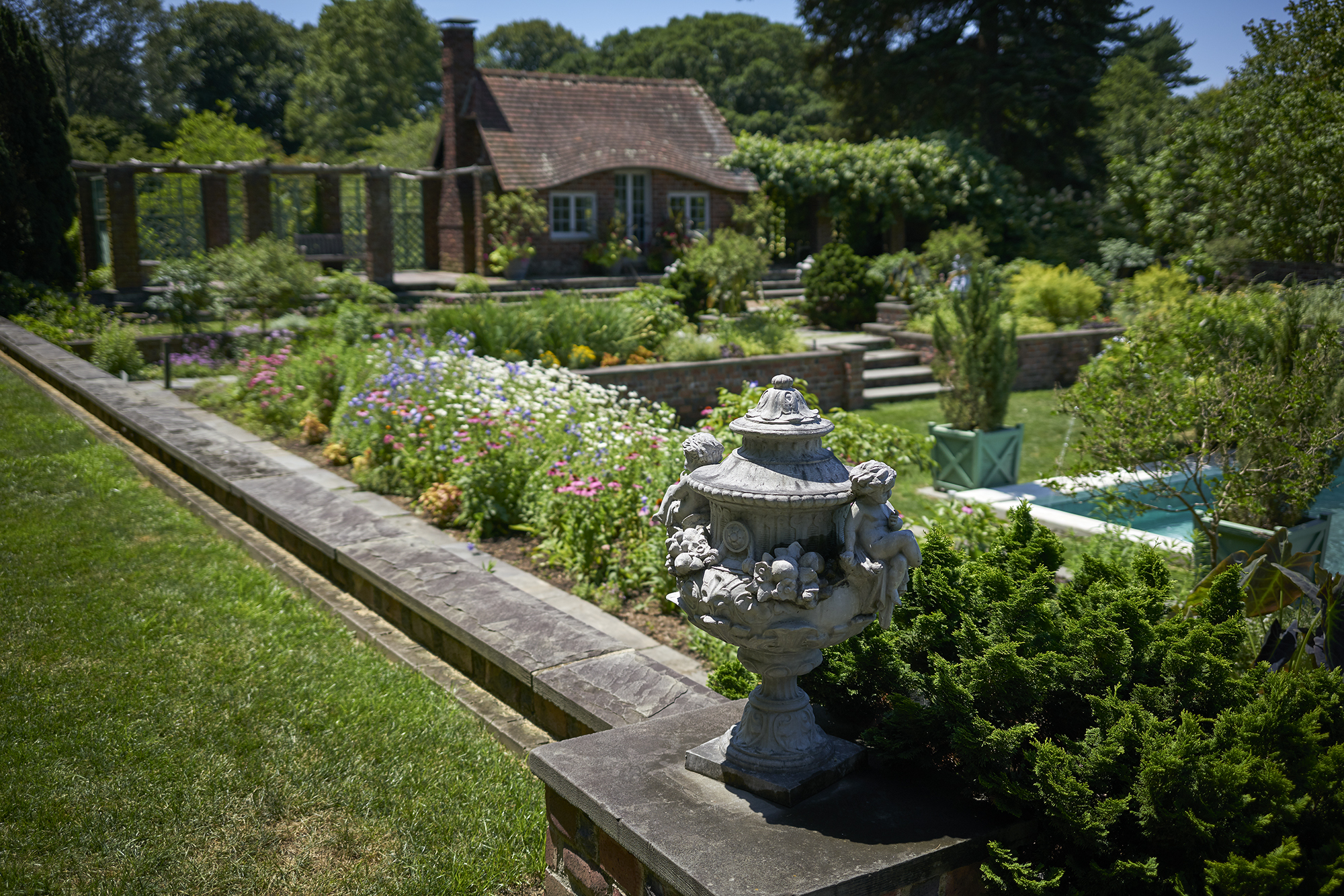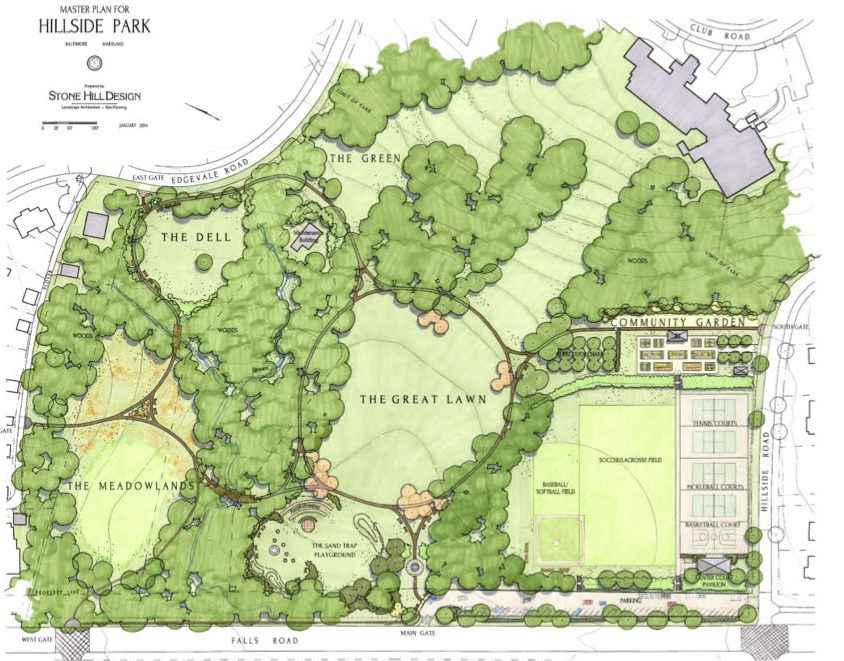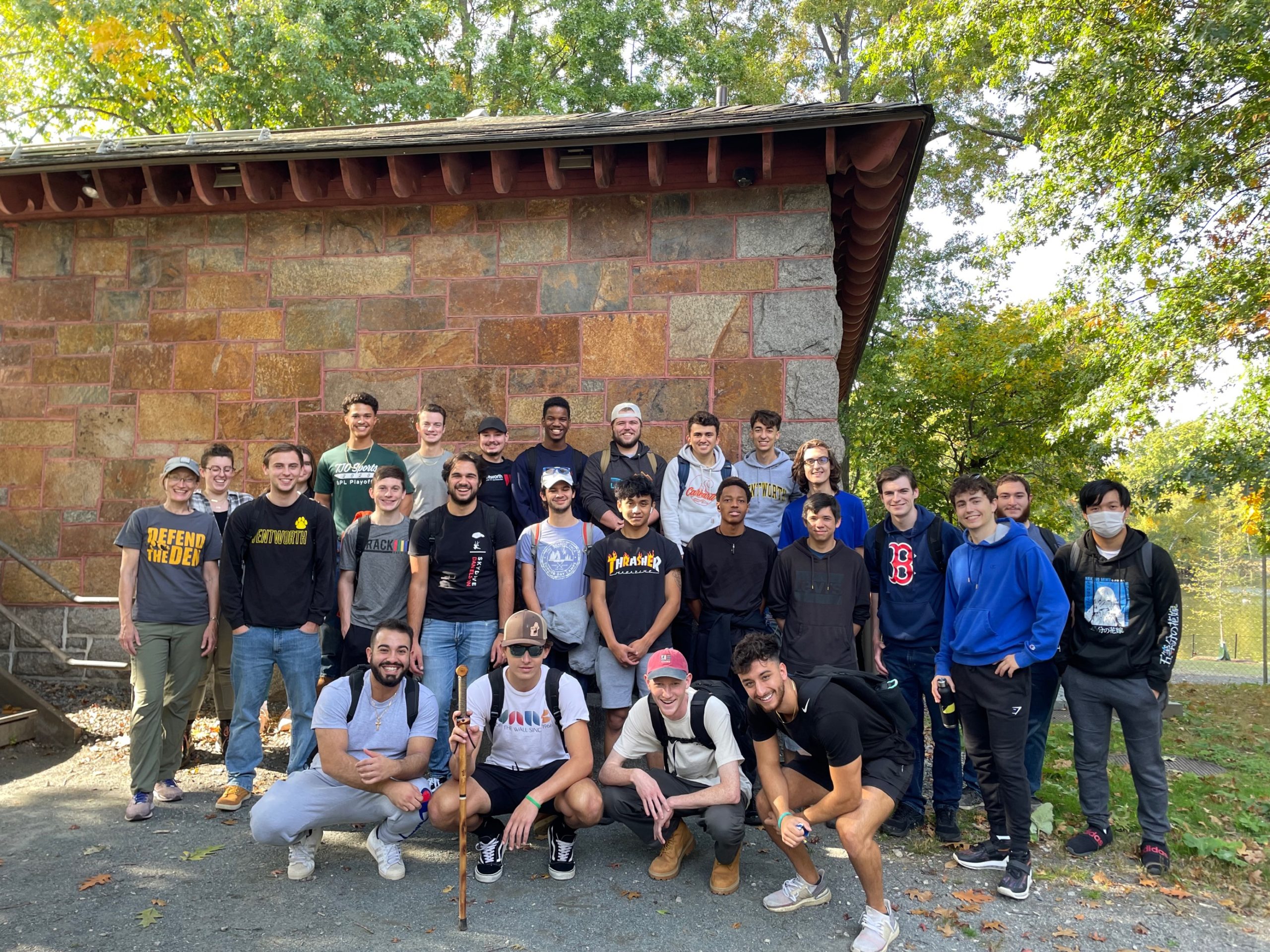
My Dad and fellow Boston surgeons shipped out for Britain two months after Pearl Harbor was attacked by the Japanese on December 7th, 1941 and the USA declared war. My Mom, my baby brother and I moved with another mother and her three little ones to a house in Brookline to wait out the war years. The house was charming, with a vine covered trellis draping the side porch and a rabbit warren of rooms all the way to the attic. It was the sunken garden however, and the panoply of diverse stately trees—-oaks, sugar maples, and a glorious magnolia shading the driveway circle—-that struck me so vividly at the age of three. It is my first memory of beauty.
These were no ordinary grounds. 99 Warren Street was the home of the great landscape architect Frederick Law Olmsted, the father of countless municipal parks and the art of landscape design itself. How we came to be in this small corner of paradise during the war years I have no idea.
The great man was forty years in his grave when we moved into “Fairsted” but the firm carried on under the tutelage of his sons. In the long light-filled room of a building attached to the second floor of the house a dozen draftsmen bent over high tables at their work. Our mothers told the five of us never to disturb them but that door on the second floor was a magnet to our mischievous eyes and we did it anyway, with some regularity. The men always welcomed our moppet company, a cheery respite in a gloomy day of discouraging war news on the radio. They played games with us and told us to go pick beans, carrots, tomatoes and onions from the vegetable garden in the back, originally planted by Olmsted himself. Our mothers gratefully accepted this fresh produce in these lean times and forgave us any transactions. We helped them by rolling tin into balls for the war effort, and pressing yellow and white packets together to make margarine, something even three, four and five year olds could do and feel productive.
We played hide and seek endlessly in the gardens and and behind rocks, finding frogs and sometimes tadpoles in tiny pools. In fall we collected colorful leaves and made art pieces of them. In winter we tobogganed down the small slope at the end of the lawn. The tension our mothers bore with their men away and the war in its fourth year was palpable but the Olmsted estate was a child’s heaven.
Dad and his fellow surgeons had been sent to France after D-Day in 1944 to care for the thousands wounded at Omaha Beach and along the coast of Normandy. Germany surrendered in May, 1945 but it would still be months before our fathers came home, there was so much to do.
On July 9th, 1945 there was a total eclipse of the sun. We five kids had paper bags put on our heads with slits for our eyes. We stood in the courtyard in the noonday sun like baby ghosts gazing at the sky along with the architects and our Scottie dog, who was racing around in frantic circles as the dark enveloped us. The heat of the day gave way to a subtle breeze as the sun turned black and a shiny ring of gold encircled it. I thought the sun blew the wind to us at that moment as it extinguished its own light—- my first memory of mystery.
It was enchanting living at Fairsted and I always carry in my minds eye the gift of beauty and mystery that Frederick Law Olmsted gave me in those turbulent years.
This is a revised excerpt from Jane’s book Wild Things, Wild Places: Adventurous Tales of Wildlife and Conservation on Planet Earth, Knopf, 2016.



